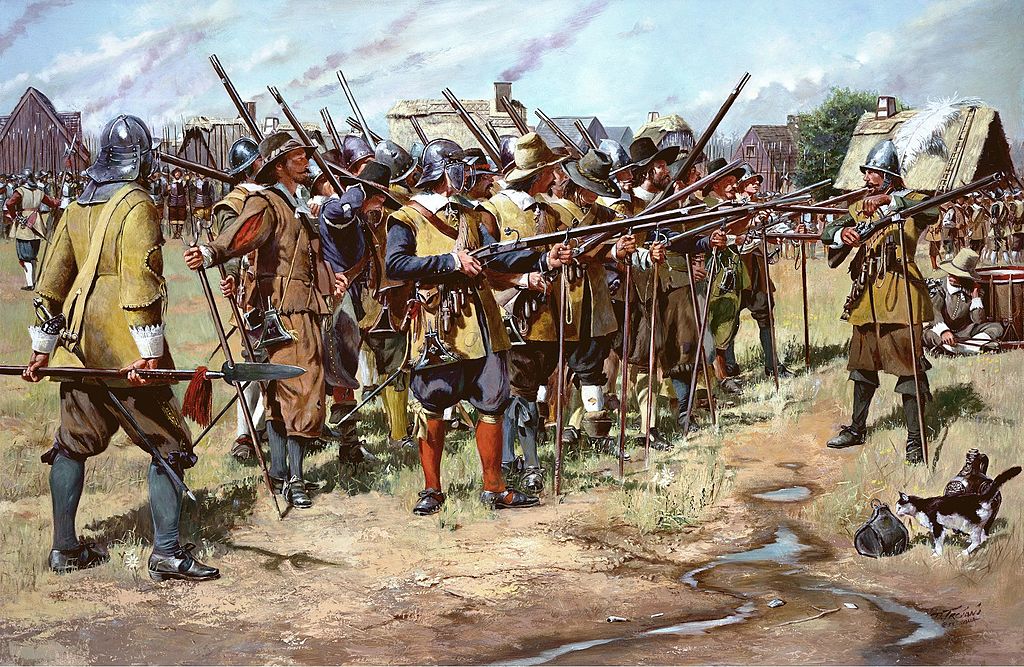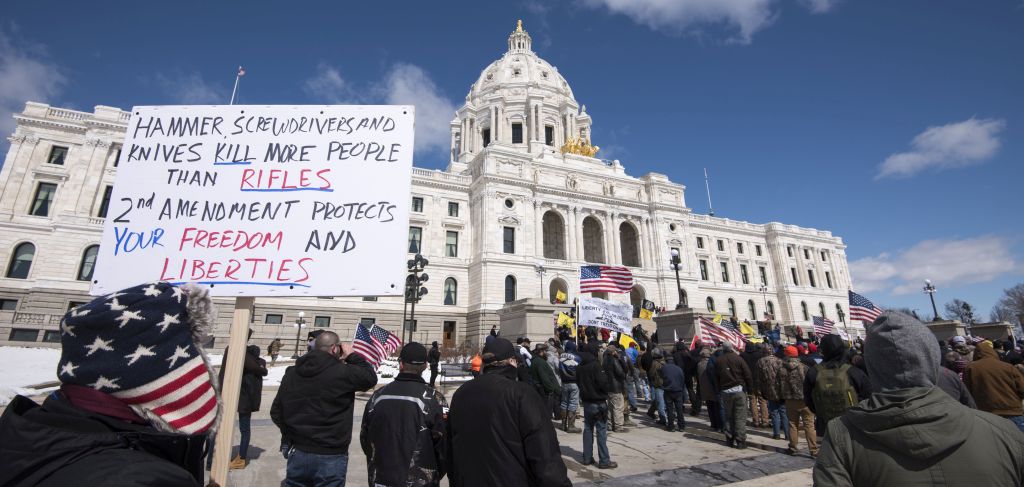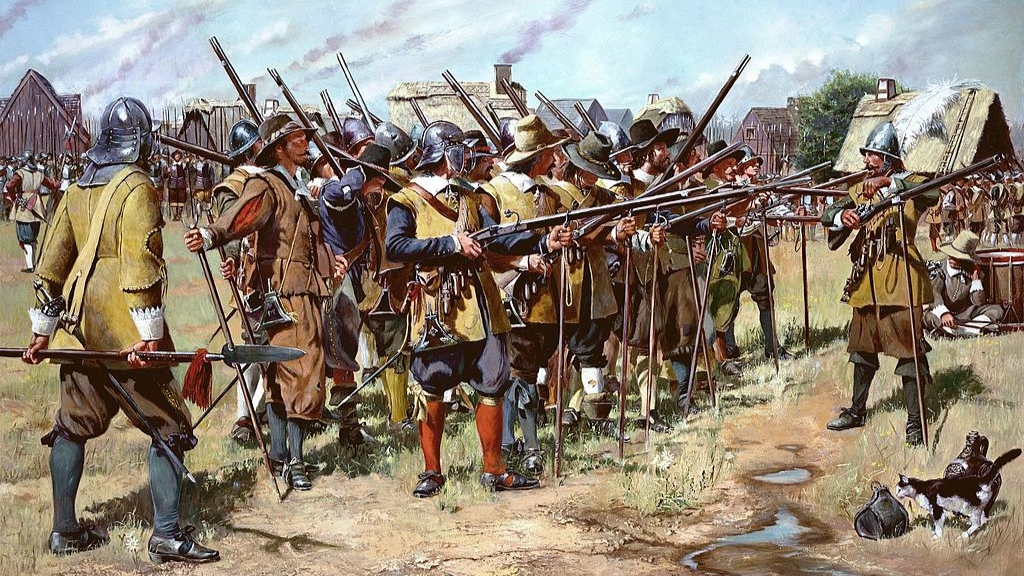Authors:
Historic Era: Era 3: Revolution and the New Nation (1754-1820s)
Historic Theme:
Subject:
September/October 2019 | Volume 64, Issue 4


Authors:
Historic Era: Era 3: Revolution and the New Nation (1754-1820s)
Historic Theme:
Subject:
September/October 2019 | Volume 64, Issue 4
Editor's Note: We asked Patrick J. Charles, the author of numerous articles and books on gun control, legal history and the Constitution, to give us an overview of the history of gun rights. Numerous judges have cited his writings on the Second Amendment in their opinions, including the U.S. Supreme Court in the landmark decision McDonald v. City of Chicago. Charles serves as Senior Historian for the U.S. Air Force Special Operations Command and is author of the recent, seminal book Armed in America: A History of Gun Rights from Colonial Militias to Concealed Carry.

To say the history of gun rights is contentious would be an understatement. It is a history that has become guided by political ideology and cultural attitudes more than by facts.
For more than a decade, I have researched, written, debated, and discussed the history of gun rights, and its legal ramifications. I am not anti-gun, anti-Second Amendment, associated with communism, or some other negative stereotype used by gun-rights advocates to “pigeon hole” anyone who does not wholly subscribe to the tenets of gun-rights theology.
As a career historian in the U.S. Air Force, I am not unfamiliar or uncomfortable with firearms. I seek to write history in a manner that adheres to accepted historical methodology and objectivity norms – history that, to borrow from late historian Barbara W. Tuchman, stays “within the evidence.” A historian should never “invent anything, [not] even the weather.”
Simply stated, the Second Amendment was not understood in 1791, 1868, 1934, or even as late as 1968 in the way it is today. This is particularly true when one looks at the political rhetoric at different points in history. For nearly two centuries, the Second Amendment was virtually nonexistent in political discussions, nor was it even an off-the-cuff talking point in election campaigns.
Today, however, after decades of the politicizing of the Second Amendment by gun-rights advocates, the issue of gun rights is ingrained in America's political discourse, with some politicians, lawmakers, and political commentators going so far as to exalt the Second Amendment above all other constitutional protections.

For the past two decades, gun-rights advocacy organizations, most notably the National Rifle Association (NRA), have been influential in convincing federal, state, and local lawmakers